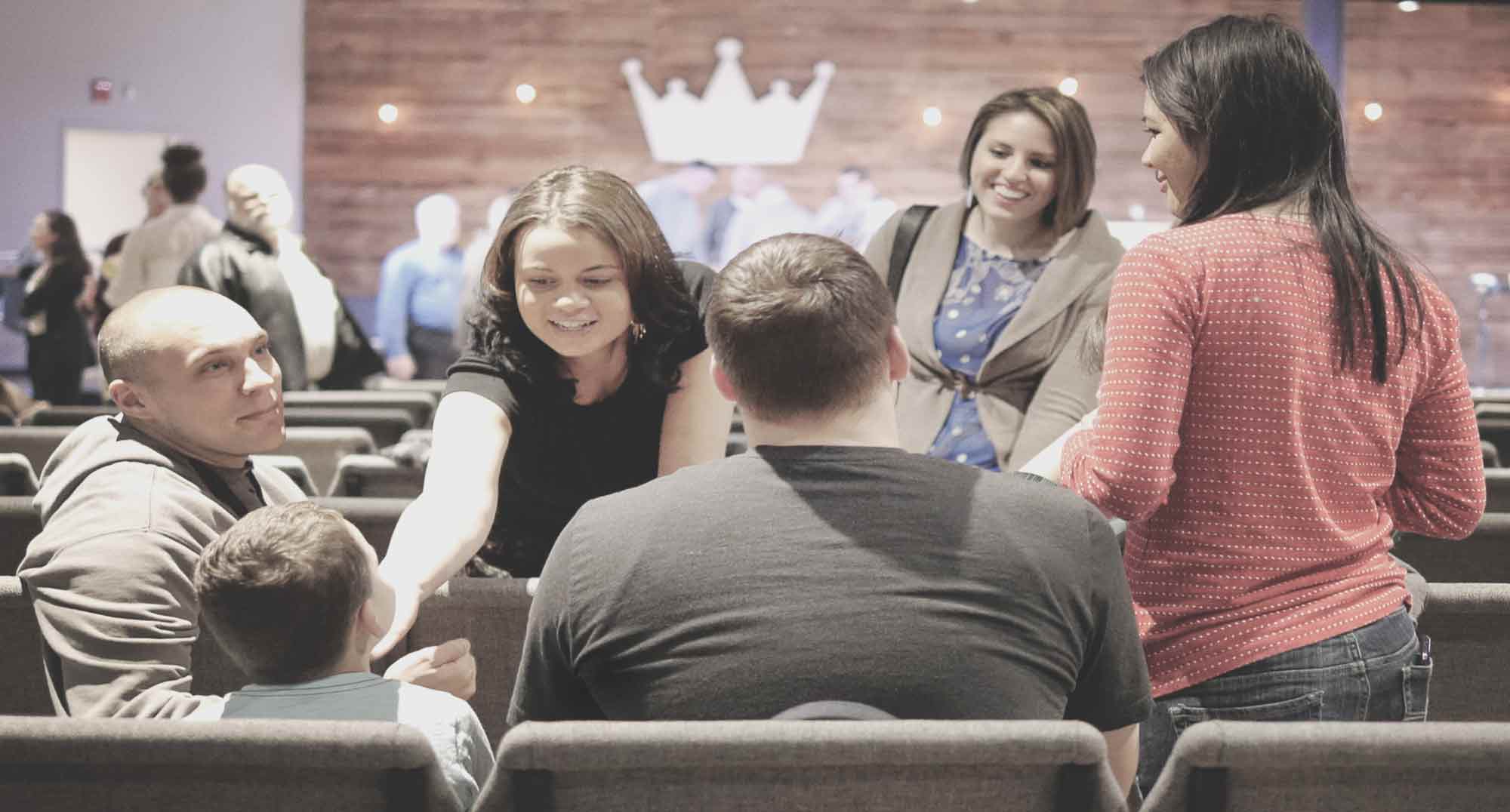Wrangling in the Pew
HEATHER MOLENDYK|CONTRIBUTOR A modified journal entry from not so many years ago… Today’s church service was such a blessing! Getting to witness my four children fight each other using subtle gladiator-style battle strategies to be the ones to sit right next to me in the church pew totally validated my worth as a human being. It was an enriching experience to helpfully point out each word in scripture to my younger children only to realize at the end that they had been studying a small ant crawling on the floor the entire time. It was so joyful to sing those old hymns as a family while my small ones bounced mosh-pit style, accidentally knocking my hymn book to the floor. I took such pride in the generosity of my offspring as I pried open his little fingers from the dollar bill that belonged in the offering plate instead of his snug, little pocket. But then, like the eye of a hurricane, I was able to buy myself a limited amount of uninterrupted time when I passed out a small suck-on candy to each child. The winds hadn’t stopped blowing quite yet. I knew full well that when the eye finished its journey overhead, the storm would continue with the winds blowing in the opposite direction. Nevertheless, while their little legs swung back and forth, their little fingers twisted empty candy wrappers, and their little mouths were momentarily occupied, I was able to take that deep breath I so desperately needed. I opened my Bible to the sermon text.










